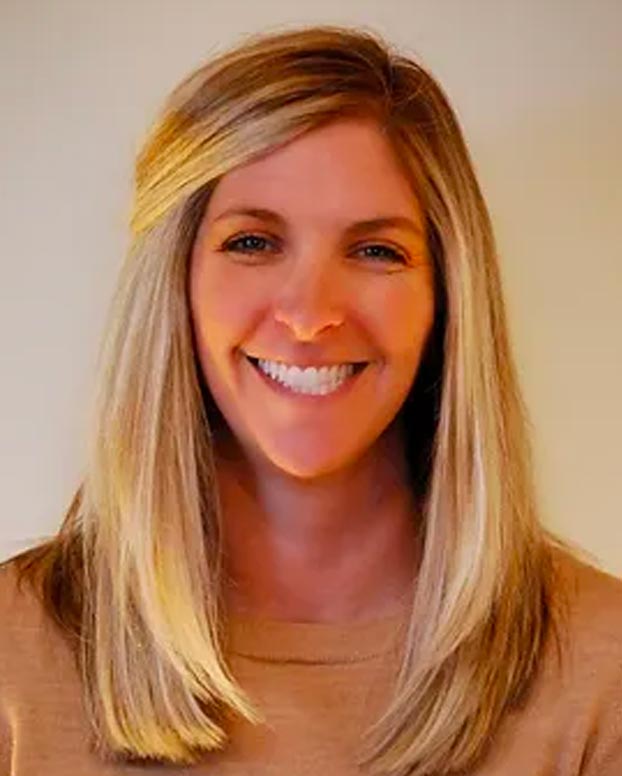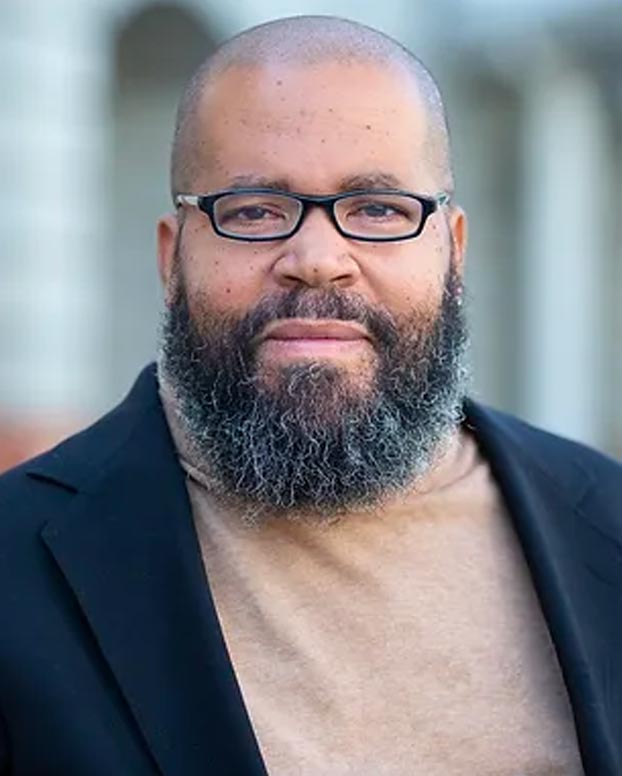Autism Acceptance Month: Ways to Become a Better Ally to the Autism Community
April 12, 2023

Learning to listen, amplify, and respect neurodiversity in our society
Autism Acceptance Month is an opportunity to recognize the differences, strengths, and challenges that those in the autism community experience. This month is a time to move beyond simple awareness of autism and work toward creating a society that truly accepts and celebrates neurodiversity.
Celebrating the autism community as allies can look like many different things, but the basis of being an ally is maintaining an attitude of genuine curiosity, kindness, and willingness to learn as you interact with those in the autism community. Not only does this make a positive difference in the lives of those in the community, but it can also foster an inclusive environment that encourages others around you to be more accepting.
Every person in the autism community is different, and in recognizing this, you may find that you don’t always know what to say or do to be the most supportive or accepting to each individual. Although there will always be something more to learn, these tips can help you find a path toward being the best ally you can be.
Be thoughtful and respectful with your language.
The language of referring to those in the autism community is not a black and white issue, and it is common for a person in the community to prefer some kinds of phrasing over others. Many people in the autism community prefer identity-first language (i.e. “autistic person”), which acknowledges autism as an inextricable part of who a person is, not something that is separate from them. Other people prefer person-first language (i.e. “person with autism”), as this phrasing avoids defining the person only by their autism. It is best to simply ask the person you are referring to which kind of phrasing they prefer and be respectful of their preference, regardless of what your personal opinion might be.
Ask questions and listen.
Individuals in the autism community are best equipped to answer questions about themselves, their needs, and their perspectives on certain issues. Asking questions that are clear and non-judgmental and listening deeply to the answers can go a long way toward communicating respect and learning to support an individual in the way that works best for them. However, be sure to combine this approach with taking responsibility for doing your own research, as people in the autism community may not always be able or willing to answer every question you have, and that’s okay. The internet and local libraries have a plethora of resources available, many written by people in the autism community, that can help you understand potential answers to your questions.
Amplify the voices of the autism community.
As an ally, you may sometimes be drawn to educate others and speak for the autism community when you feel you know the answer to a question being discussed. While providing an educated perspective can be helpful, especially on factual issues, it is more important to respect the voices of the autism community and avoid speaking over them. The people of the autism community can speak for themselves, and you can make this easier by standing by them, not in front of them. This can look like supporting organizations and efforts led by those in the autism community, sharing their posts online, and paying attention to their diverse perspectives rather than assuming you know more about their experiences than they do.
Celebrate differences!
The differences that people in the autism community experience are just that—differences. Autism acceptance means actively celebrating people in the autism community and welcoming them into spaces where they can be seen and heard just as they are. Their stories and perspectives are meaningful, and by respecting each individual for who they are, you allow them the space to be themselves and thrive. Neurodiversity is a gift that, when accepted, can help all of us learn, grow, and thrive.
To learn more about how to be an effective autism ally, please visit these articles, which were used as references for this article, and seek out the voices of the autism community online by searching for the tag #ActuallyAutistic.






